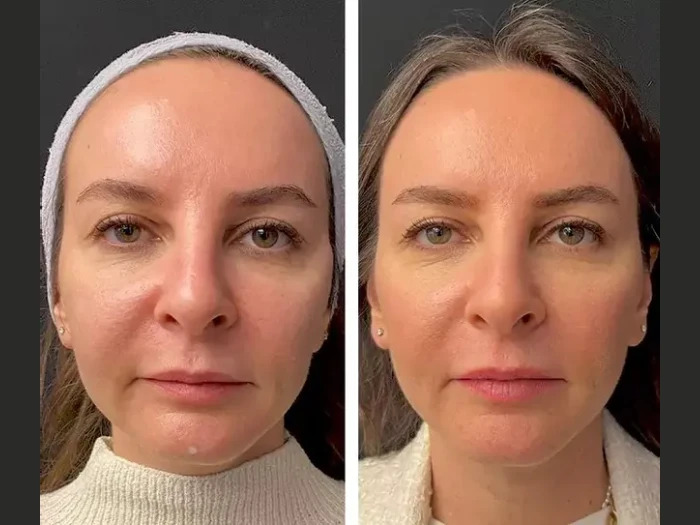Cell line authentication involves a critical medical procedure widely used in biomedical research. Using a cell line authentication test, researchers can confirm the true identity of human cells. It’s a very essential research tool used in several areas, including medicine, genetics, vaccine development, and cell biology.
Moreover, cell line authentication is required every time a new cell line is established. Another purpose of cell line authentication is in drug discovery, the development of reconstructive drugs, screening, and toxicity testing.
Significant Errors Detected in Cell Line Authentication
There are three critical issues detected in the cell line authentication as follows:
- Misidentification at the Source: This represents the case where the cells were initially believed to be suitable for the research. However, later, they turn out to be mislabeled. Hence, time and resources are wasted as researchers obtain incorrect results.
- Contamination in Cells: As cells are easily prone to contamination, it becomes challenging to maintain a contamination-free environment in a lab, working, and storage areas. However, despite extensive care, the prevention of contamination of these cells is inevitable.
- Genetic Drift: Genetic drift plays a massive role in the errors detected in cell line authentication. Over time, cells may lose their identity and originality, leading to genetic drift.
Working of the Cell Line Authentication Test
To authenticate a cell line, the DNA Forensics Laboratory (DFL) uses a method known as STR Profiling (Short Tandem Repeats). STRs are the short DNA sequences that repeat themselves. This repetitive pattern differs from one cell line to another.
The cell authentication process has the following steps:
- Obtain a DNA sample from the cell line of interest.
- Isolating the STR regions of the DNA.
- Increasing the STR regions via the PCR process (Polymerase Chain Reaction).
- Separating the DNA fragments through capillary electrophoresis to detect their sizes.
- Creating a DNA profile and comparing it to the database of known profiles to figure out if the cell line is what it’s claimed to be.
Choosing the DNA Forensics Laboratory (DFL) for Cell Line Authentication
DNA Forensics Laboratory (DFL) provides accurate and reliable cell line authentication using advanced STR profiling techniques. With our team of experts, strict quality control, and compliance with global standards, DFL ensures your research remains valid.
For more information or to schedule an appointment related to Cell Line Authentication, feel free to call us at +91 8010177771 or send us a message on WhatsApp at +91 9213177771.


